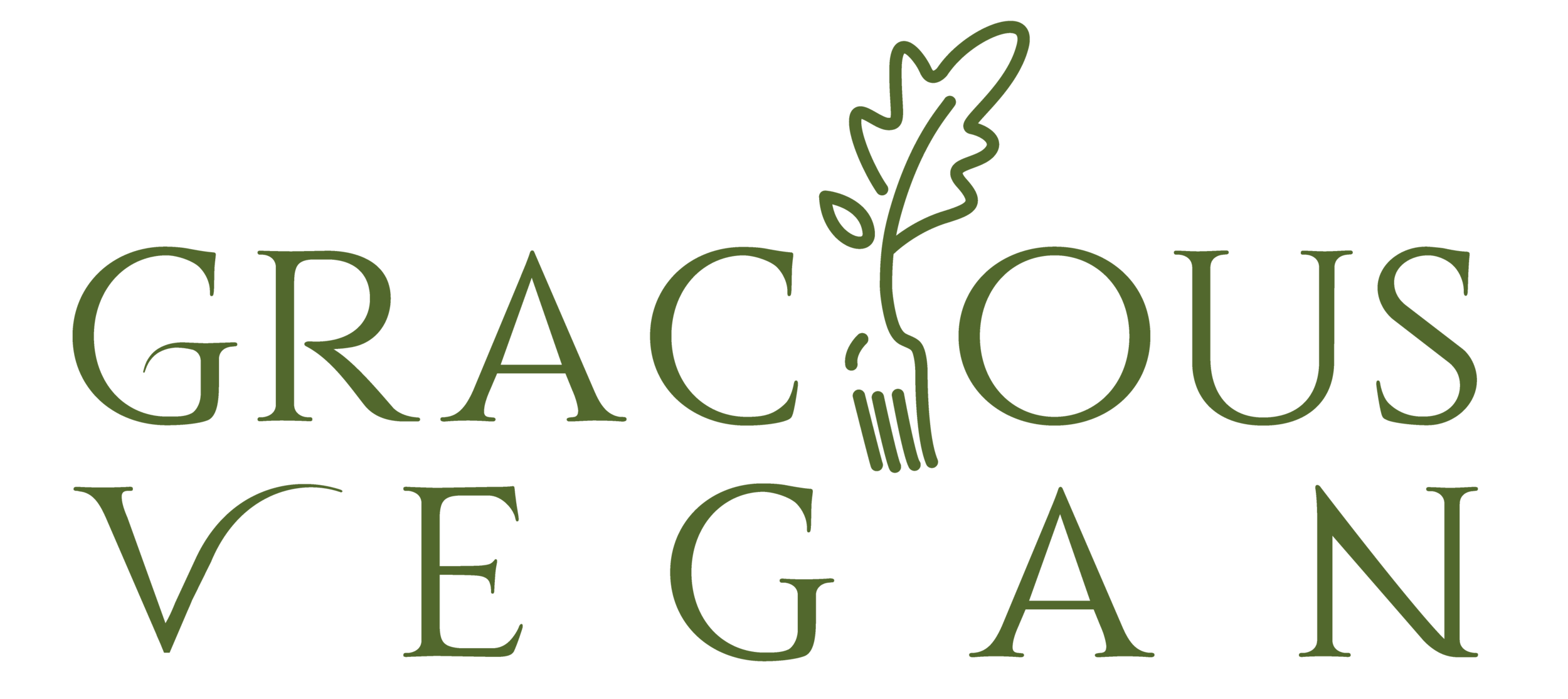Focus on Eating Habits, Not Goals
When I think about my pandemic weight gain now, I see that I fell into several particular new eating habits. I didn’t just willy-nilly eat anything and everything in sight because of the stress and lockdown. I didn’t eat more cookies and candy, for example. No, what I did became very predictable, day in and day out.
Semantics?
This may seem a useless distinction to some. “Who cares, Linda, if you just ate randomly versus in a pattern? That didn’t change what the scale said.” I would argue that it matters a lot, because, as it turned out, replacing old habits with new habits was the key to how I dropped those 14 pounds.
Rice crackers
The new pandemic eating habit that got me in trouble involved a rice-cracker-and-peanut snack mix. I helped myself to the snack about every time I went into the kitchen, which happened a lot more when I worked from home every day. “Fix some tea, fill up this little bowl with crackers and peanuts.” The new habit hardly pierced my consciousness, and the weight went on slowly enough that I didn’t notice it for months.
New habits
Once I did notice the weight, I still wasn’t thinking about habits per se, but I see now that I could have. I started new habits without explicitly calling them out as such. One habit I started was eating two cups of cooked vegetables at breakfast and another two at lunch to fill myself up. Another was eating a sliced apple and a bunch of vegetable sticks every afternoon. It didn’t hurt that I stopped buying the rice crackers. I started weighing myself every day, too – another new habit. Five or six months passed until those pounds were lost (it took a while!); so far they’ve stayed off.
When the scale didn’t budge
During the many weeks when the scale didn’t move, I had to focus on keeping my habits going: steam and eat a lot of vegetables, make and use the special mix of spices that helped suppress my appetite, buy and cut up apples and vegetables. When I went for a whole month without a change in weight, I was discouraged, but I managed to keep up the habits because I didn’t know what else to do, and these were my new habits. Finally the needle moved again.
Atomic habits
One of the best recent books on habit formation is James Clear’s Atomic Habits, which advocates a focus on locking in new, sometimes tiny, habits rather than declaring major goals and trying to reach them all at once. If we use our energy to make small new habits stick instead of trying to tackle major goals and aspirations, we have a better chance of ultimate success.
For example, instead of setting the goal of getting a book published and throwing yourself at all the ways that could happen, focus at first on writing two pages every day. Don’t think about agents, publishers, the query letter, or maybe even the plan for the whole book. Start with showing up every day to write. Locking in this habit is much more likely to help you stay the course in the long run.
Rather than trying to “eat healthy,” maybe commit as a first step to a new habit of eating two servings of whole grains every day, followed by additional habits once that one is mastered. Starting small raises the probability that you can get more and more of your diet to a healthy level and stay there in the future.
Resolve to form habits
Most of us set New Year’s Resolutions in the form of goals or transformations, not as often in the form of habits, let alone atomic habits, the building blocks of success.
I’d encourage you to observe your eating and drinking habits and take note of the strongest ones. Maybe it’s what you have for breakfast every day, or the times of day you eat, or your go-to snacks (like the rice crackers and peanuts), or your pattern of eating out. It would be unusual not to have eating habits. Once you become acutely aware of your eating habits, you’ll likely identify which habits you want to change or replace. That’s when the work starts. Next time I’ll share what I’ve learned about choosing a habit to start with – how to pick one with a higher probability than others to lead to success.

